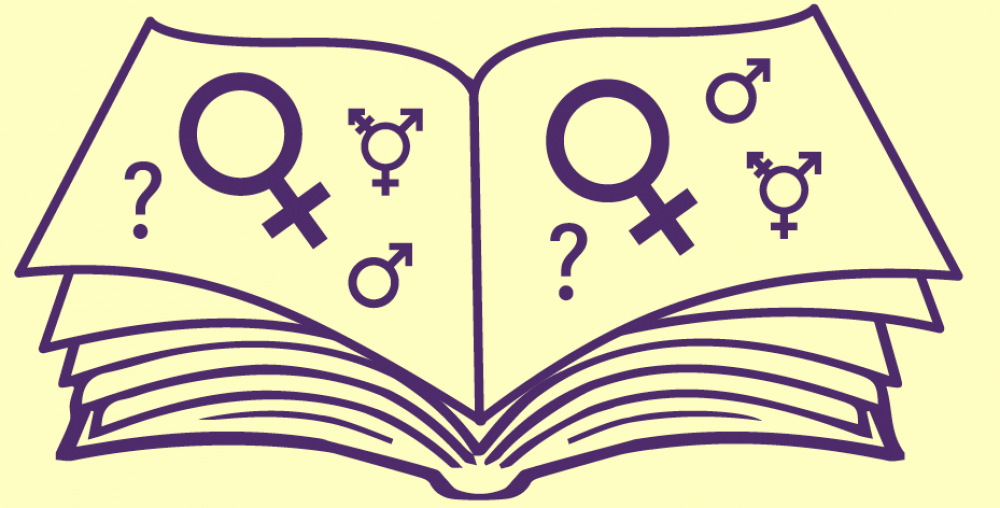I feel that Race played an small but unique role in “The Bell Jar” by Sylvia Plath. It allowed a perspective on how people of color and people of a white background had certain jobs, or were treated in this specific way during this specific time period. Especially during the Second Wave Feminist Movement when more privileged white women tried to play off equality of all women, including of color. Although women of color had more problems other than equality as women, as well as being treated humans.
In “The Bell Jar” for example the main character Esther spends some time in the Psych Ward of her town hospital, where she encountered an African man. She did not treat him very kindly and was not even properly assigned a name in text. He was addressed as ‘negro’, Esther even physically abused him. For example “I drew my foot back and gave him a sharp, hard kick on the calf of the leg…. ‘That’s what you get’ ,I said, and stared him in the eye”(chp14 pg175). This showed how she saw him, he was a helper at the ward. Although to her, she was not pleased by him and his existence. Esther later on went to be transferred to a more “privileged asylum, due to her fame in the papers.
Another connection can be made with Audre Lorde “Age, Race, Class and Sex” to the “The Bell Jar”. Audre discusses further the difference between the two movements of the Feminist Movement and The African American Moment that although both are to better society and fight for more equality. Most of women’s movement was white privileged ladies that did not suffer as much as a African American women had. Audre states “As white women ignore their built in privilege of whiteness and define women in terms of their own experience alone, then women of color become ‘other’, the outsider whose experience and tradition is too ‘alien’ to comprehend.”(pg.117line20). This showed how much of a gap in treatment and tactics that were being used during these movements of inequality. In conclusion, race was not an ignored difference it was actually advertised and it’s awareness apparent.




It was the time of slavery and many people still had that racist mentallity even after slavery was prohibited. Many people were still being racist but they were trying to not make it obviouse.
Hi Nancy, this book does not actually take place in the time of slavery. It takes place during a time of officially sanctioned segregation, however.
Throughout the book Esther is consistently critical of almost all she encounters, no doubt linked to her inner turmoil. So it is very disturbing that even in the depths of a mental breakdown she exhibits behavior of dominance and indifference to someone who at the time would have been considered in a lower class than her, due especially to her race. She does punctuate her behavior with her remark “that’s what you get.” What are we to make of that!!!